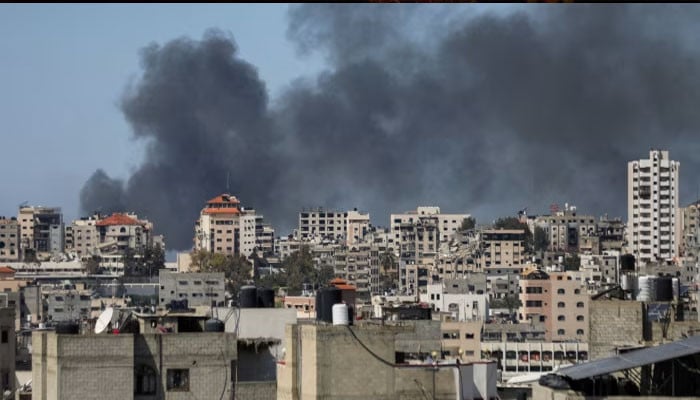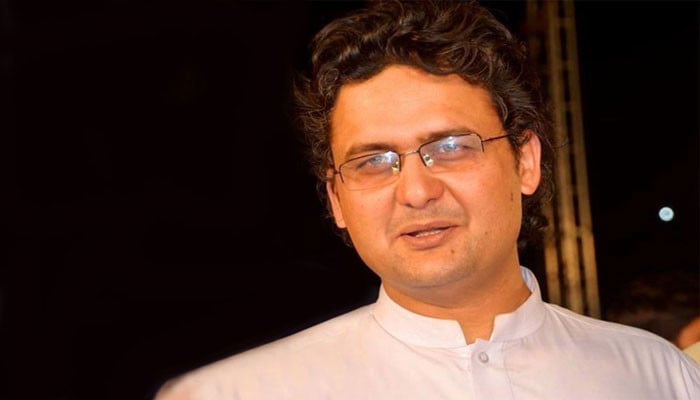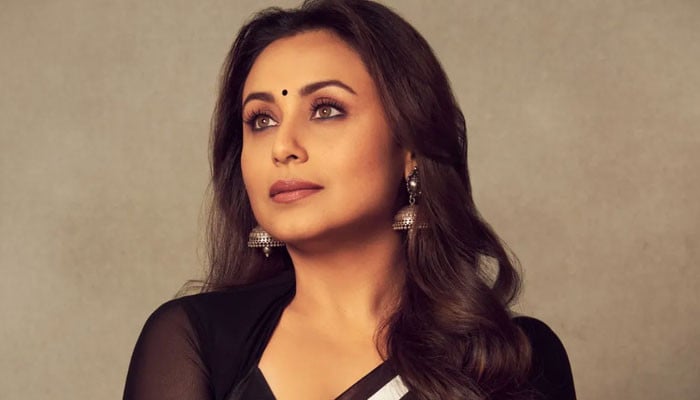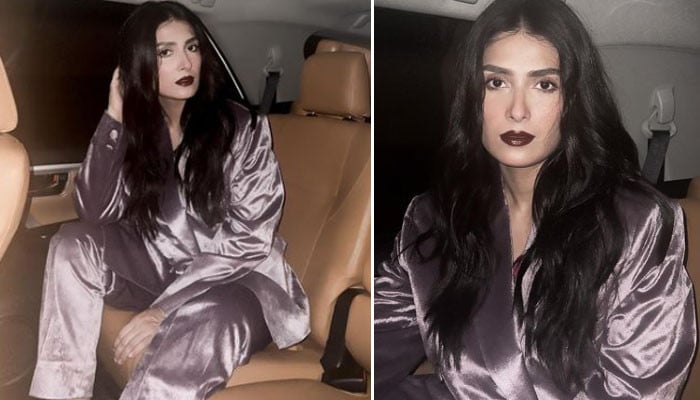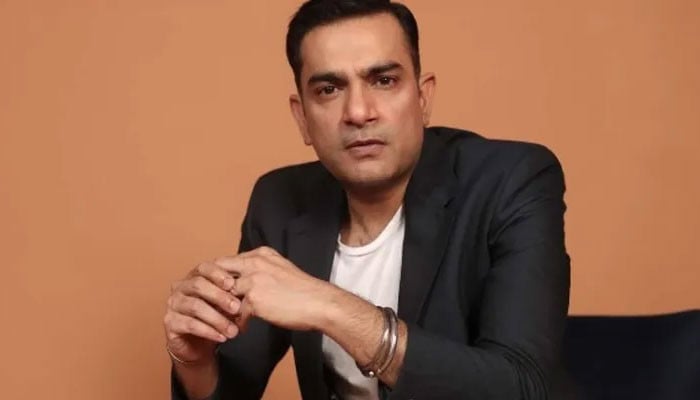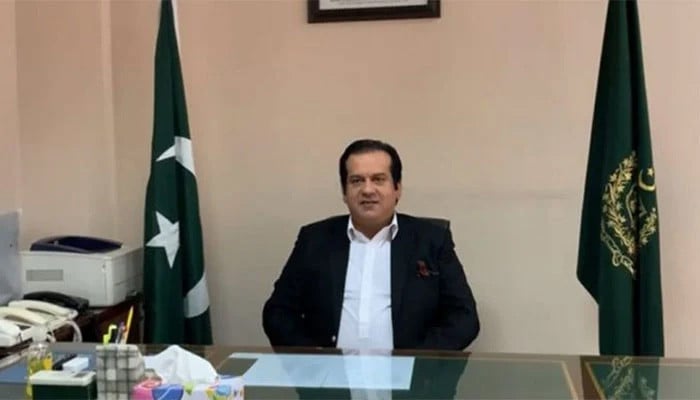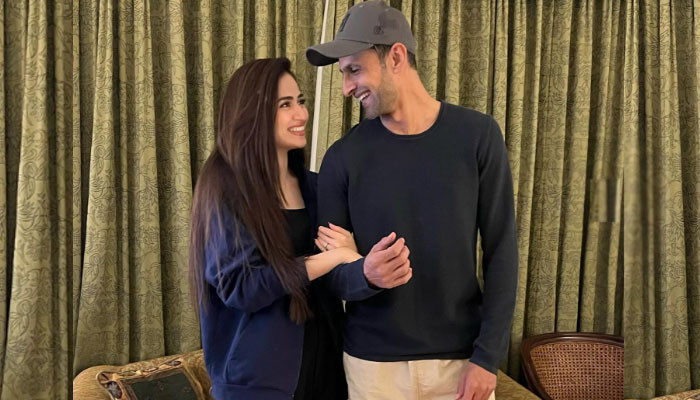[ad_1]
As Rishi Sunak flew to the G20 summit in New Delhi this weekend, he declared how “special” it was to be making his debut visit to India as Britain’s first prime minister of Indian descent.
India is “very near and dear to me”, he said, adding that he was “excited to be back” after high-level politics had prevented him from paying his annual visit for several years.
“It’s nice to have Akshata with me as well,” he said of his wife Akshata Murty, the daughter of NR Narayana Murthy, co-founder of Infosys and one of India’s richest men.
In a tongue-in-cheek reference to the IT billionaire, Sunak quipped: “I saw somewhere that I was referred to as India’s son-in-law, which I hope was meant affectionately.”
Sunak’s remarks, made to reporters on board the plane to the two-day gathering of leading economies, were among the most candid allusions to his heritage that he has made in public office, having notably swerved highlighting his status as Britain’s first south Asian prime minister when he spoke to the nation on entering Number 10.

Sunak was arguably glad of a chance to flee the UK after a gruelling week in which he was beset by the spiralling crisis of collapse-prone concrete, the escape from Wandsworth prison of a terror suspect and the prospect of a second perilous by-election after the resignation of former Tory minister Chris Pincher.
Sunak sought to put a brave face on his Conservative party’s dismal standing in the polls, where it trails behind Labour by an average of 18 points.
“We’re fired up” and “hungry to win”, he insisted, claiming he was “entirely confident” his government could deliver for Britons in time for the election expected next year.
Facing tough questions from opposition parties and frustrated parents whose children’s schools are shut, Sunak will hope his India visit will project him as a world statesman as footage is beamed back to the UK.
Sunak has already secured a new strategic partnership with Singapore, which he will unveil on Saturday ahead of meeting his Singaporean counterpart, Lee Hsien Loong.
Government insiders are also hopeful that a bilateral meeting with Indian prime minister Narendra Modi on the margins of the G20 will spur trade deal talks.
While Modi has praised Sunak as an example of the “living bridge” between India and Britain and expressed his support for transforming “historic ties” between the two countries into a “modern partnership”, India is a notoriously tough trade negotiator.
If Sunak secures a deal, which Whitehall officials say he has devoted a significant amount of political energy to seeking, Britain will be the first European country to land a trade deal with India.
Sunak told news agency Asian News International on Friday that both sides had made “enormous progress” towards signing an agreement, but separately warned UK reporters that it was “not a given” that an accord would be clinched. Indian demands for asymmetrical market access and visas remain sticking points.
Ahead of the trip, Downing Street insiders sought to play up Sunak’s willingness to talk tough to Modi about the Ukraine war, on which India has remained neutral while continuing to import large quantities of Russian oil and arms. However, Sunak was more measured when quizzed by reporters.

He also ducked questions on whether he would raise the case of jailed Briton Jagtar Singh Johal, who is facing the death penalty in India, in private talks with Modi. Sunak has come under pressure from more than 70 British MPs to intervene directly.
UK-India relations have gone through some rough patches since Sunak entered Number 10 last year.
Modi’s government was incensed in March when Sikh separatists in London tore down a flag from India’s high commission during a protest, prompting New Delhi police to remove security barricades from outside Britain’s high commission in what appeared to be retaliation.
Whether Sunak’s Indian roots will lend him genuine leverage with Modi to sign a trade pact remains to be seen. Tory MP Shailesh Vara, who is also of Indian descent and a patron of the Conservative Friends of India, suggested that Sunak’s heritage could “help smooth the way to achieving a deal which will benefit both countries”.
He added that Sunak’s background had had an impact at home, where many of the 1.6mn British Indians were “very pleased that one of their own is prime minister”.
In electoral terms, Tim Bale, professor of politics at Queen Mary University of London, said a significant proportion of the Indian diaspora in Britain had been “moving to the Conservatives for quite some time”, in stark contrast to British Pakistanis and British Bangladeshis.
Bale said it was “intuitively plausible” that Sunak had accelerated or amplified the trend for British Indians to vote Tory, but cautioned there was little hard evidence.
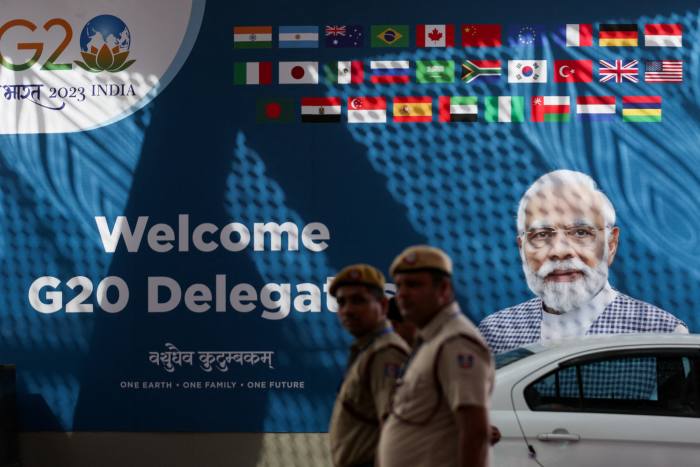
While swaths of New Delhi are under a lockdown imposed by local authorities this weekend, Sunak is cramming in a series of cultural activities outside the official summit.
Murty and he were on Friday mobbed by school children as they visited the offices of the British Council, which runs cultural and educational programmes outside the UK.
As well as joining G20 leaders and their spouses laying wreaths at the Raj Ghat memorial complex on Sunday, the couple will visit Akshardham, one of the most important Hindu temples in the capital, for a blessing and private prayers.
Sunak’s open embrace of Hinduism has won notice. Last month, he appeared at a Hindu religious event at Cambridge university and said the words Jai Siya Ram — “Glory to Sita and Rama”, a traditional greeting among Hindus in India’s north.
“I’m here today not as the prime minister, but as a Hindu,” Sunak said, in remarks that were captured on film and widely broadcast in India on August 15, the day when British imperial rule ended in 1947.
Musing on India’s rise in the global order and changes in UK-India relations at a G20-themed conference organised by Indian broadcaster NDTV last month, Alex Ellis, Britain’s high commissioner to New Delhi, said: “Did you ever imagine one day a person staying at 10 Downing Street, on August 15, would say Jai Siya Ram?”
Invoking the viceroy of British India who presided over the Bengal Partition in 1905, Ellis added: “Lord Curzon would have choked.”
[ad_2]
Source link






































